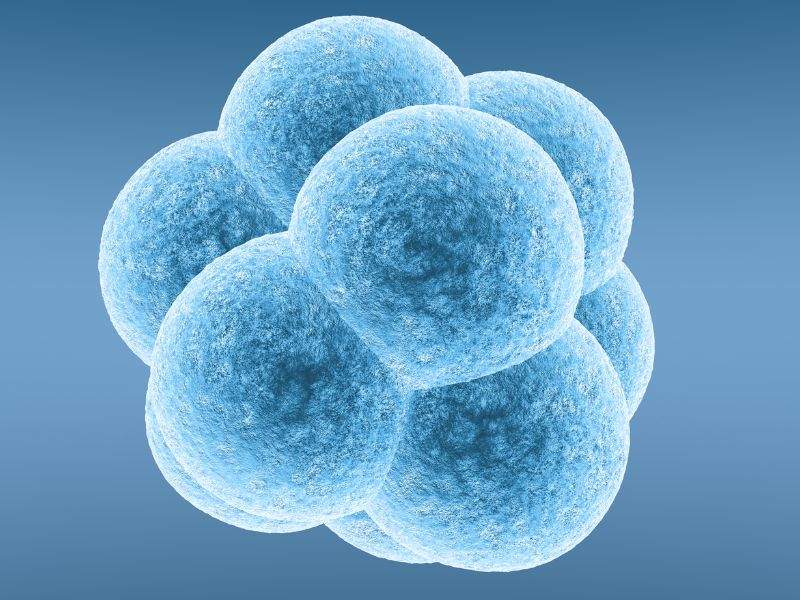Having gone through IVF, I currently have 10 embryos in storage. Although I live in New York State where the overturning of Roe doesn’t affect residents, it’s important for me as someone who has gone through IVF and has embryos in storage to shed light on what this decision means for couples with frozen embryos and those looking to IVF to start or expand their families.
What is Roe vs Wade?
The Roe vs Wade decision was based on a woman’s right to privacy when it comes to her body. This decision protects a woman’s right to have an abortion, but it also has implications for other medical procedures, like in-vitro fertilization (IVF). So what does this mean for people with frozen embryos?
What are frozen embryos?
Frozen embryos are created when a woman undergoes IVF. During this process, eggs are retrieved from the ovaries and fertilized with sperm in a laboratory. The resulting embryos are then frozen and can be used at a later date for implantation.
What does Roe vs Wade have to do with frozen embryos?
The Roe vs Wade decision protects a woman’s right to privacy when it comes to her body. This includes the right to make decisions about her fertility and reproductive health. As such, the decision has implications for people with frozen embryos.
How does Roe vs Wade impact frozen embryos?
The Roe vs Wade decision does not directly impact people with frozen embryos, but it could have indirect implications. For example, if abortion becomes illegal in more states, this could make it more difficult for couples to get IVF treatment. This is because many IVF clinics are located in states where abortion is legal. If more states outlaw abortion, this could make it more difficult for couples to access IVF treatment.
The overturning of Roe vs Wade could also have implications for how frozen embryos are regulated. Currently, there are no federal laws regulating frozen embryos. However, if abortion becomes illegal in more states, this could lead to more state and local governments regulating frozen embryos.

What happens to frozen embryos?
According to the American Society for Reproductive Medicine, the leading professional society for the practice of Assisted Reproductive Medicine, the new laws now taking effect as a result of overturning Roe v. Wade presently restrict only the termination of a pregnancy, with pregnancy typically defined as an embryo implanted in the uterus.
They do not address the disposition of an embryo existing outside the uterus. Thus, discarding an embryo in cryo-storage does not constitute a prohibited “abortion” or “termination of a pregnancy” and is not restricted or limited.
It is important to remember that embryos in cryo-storage are not “unborn babies.” They are a group of cells, with the potential to develop into a baby, but they are not yet an unborn baby.
What this means is that you can still choose to donate your embryos to science or destroy them, regardless of the overturning of Roe v. Wade.
If you have any questions or concerns about your frozen embryos, please contact your fertility clinic. They will be able to answer any questions you may have and help you and your partner make the best decision for your situation.
How is the overturning of Roe v. Wade affecting future legislation?
According to the Prelude Network, it’s important to note that the “ruling does not limit or prohibit Inception’s ability to provide high-quality IVF as we always have, and none of the “trigger” laws taking effect in the states where we operate will do so either.”
